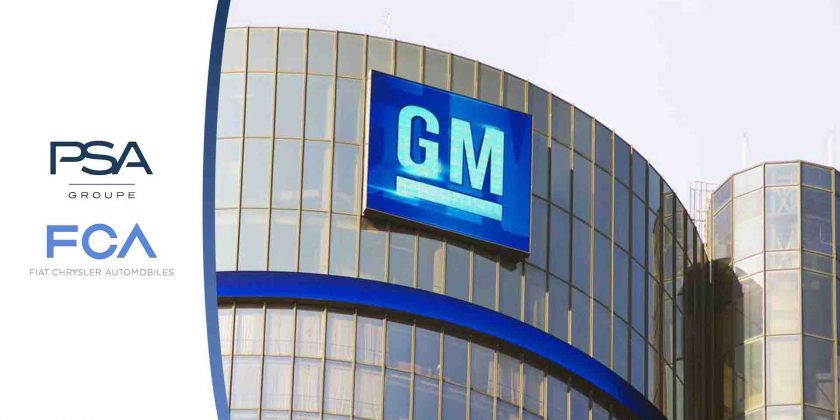In August 2020, General Motors attempted to revive an old lawsuit against Fiat Chrysler Automobiles with new evidence and allegations of corporate espionage and bribery. About a month before that, a federal judge dismissed the racketeering lawsuit calling it a “waste of time and resources.” A US appeals court now upheld its 2020 ruling again, dismissing the lawsuit originally filed in November 2019.
“Even accepting GM’s theory as true, the chain of causation between FCA’s bribes and GM’s injury is still too attenuated,” the opinion of the three-judge panel of the US 6th Circuit Court of Appeals says. In turn, Automotive News reports, that GM strongly disagreed with the ruling and it will reportedly continue to pursue other claims not based on the racketeering laws.
“We will continue to pursue our case against FCA and the other defendants in the Michigan state court to recover the damages caused to GM as a result of FCA’s admitted corruption,” an official statement by GM reads.
In turn, FCA, now part of Stellantis, also released an official statement: “We will continue to defend ourselves vigorously against these frivolous allegations,” claiming GM’s was a “third-rate spy movie, full of preposterous allegations.”
The original GM lawsuit accused FCA of a bribery scheme with United Auto Workers officials for years to gain an unfair labor-cost advantage, which indirectly harms GM. At the time, the American automaker even said Sergio Marchionne, former FCA CEO, had the ultimate goal to force a merger between the two manufacturers, thus hurting GM. The firm claimed Marchionne managed a negotiation of the collective bargaining agreement, “designed, through the power of pattern bargaining, to cost GM billions.”
When the new accusations came in 2020, FCA and PSA Group were in the process of finalizing their merger. At the time, FCA said GM was trying to hurt its reputation as it prepared for the merger.
About two years ago, GM decided to continue the lawsuit, but US District Judge Paul Borman dismissed and also denied GM’s wish to reopen the case, saying that new evidence GM presented was “too speculative.”
Source: Automotive News
Source: Read Full Article
